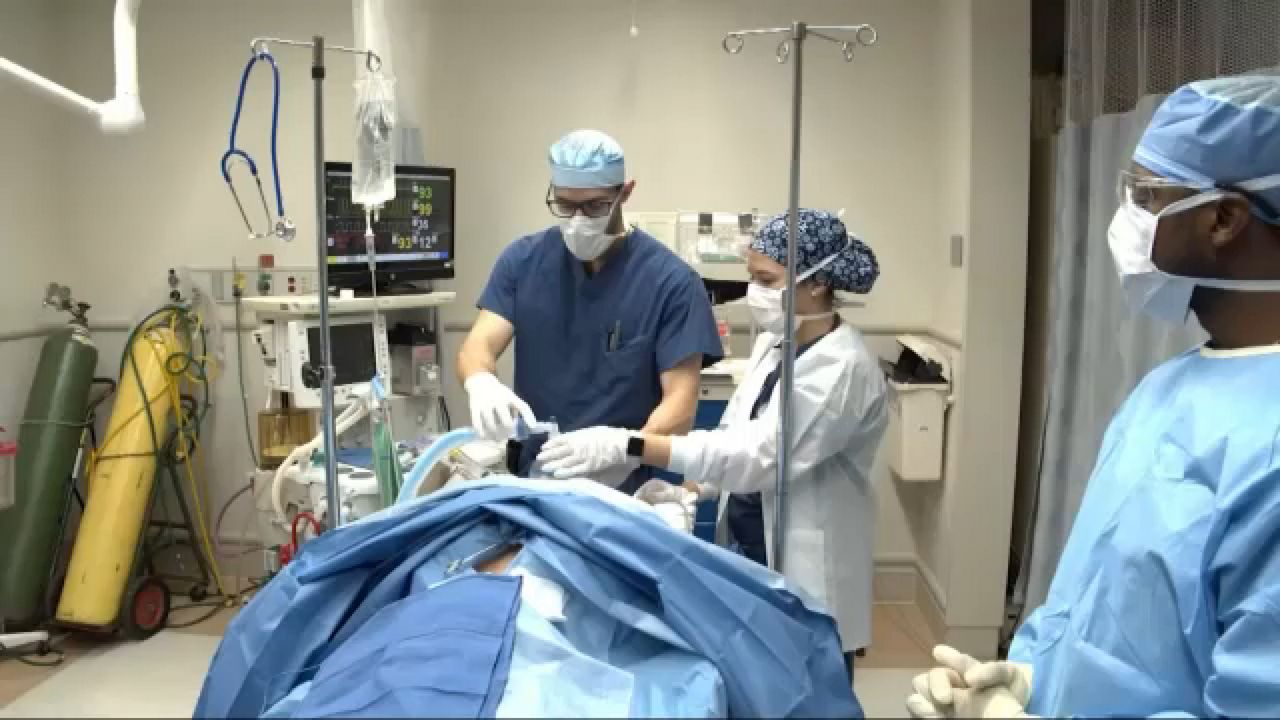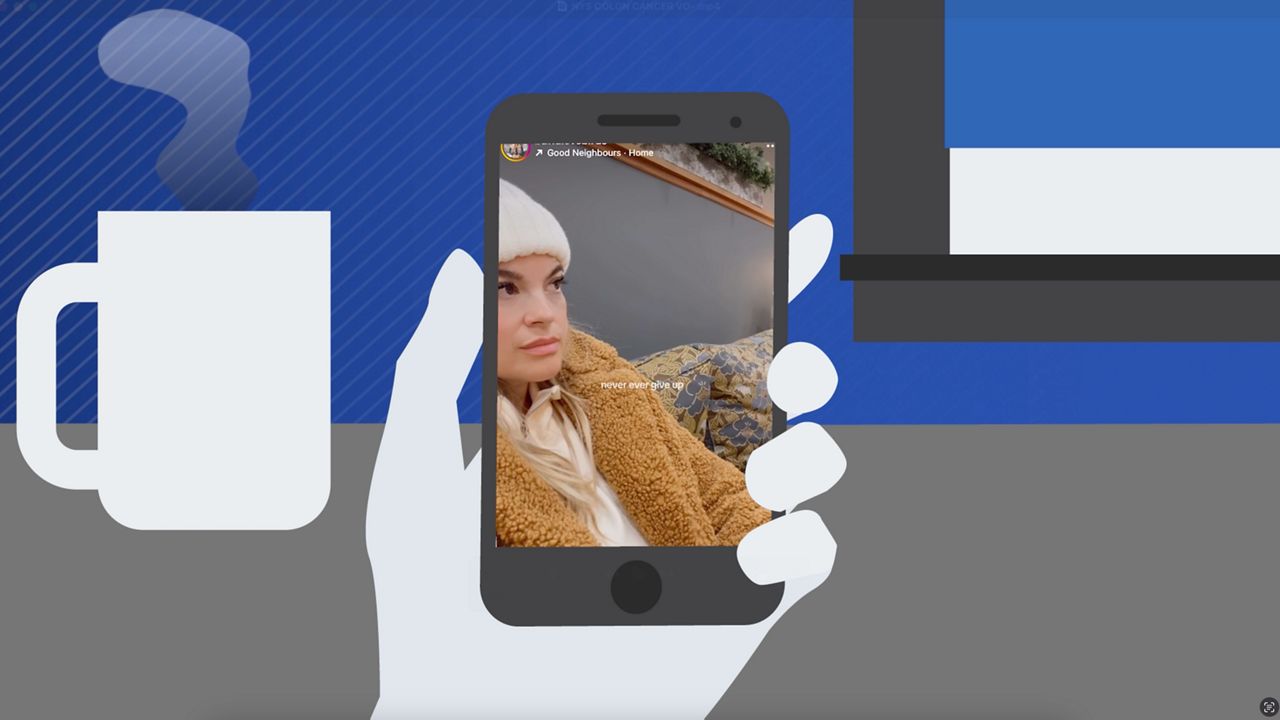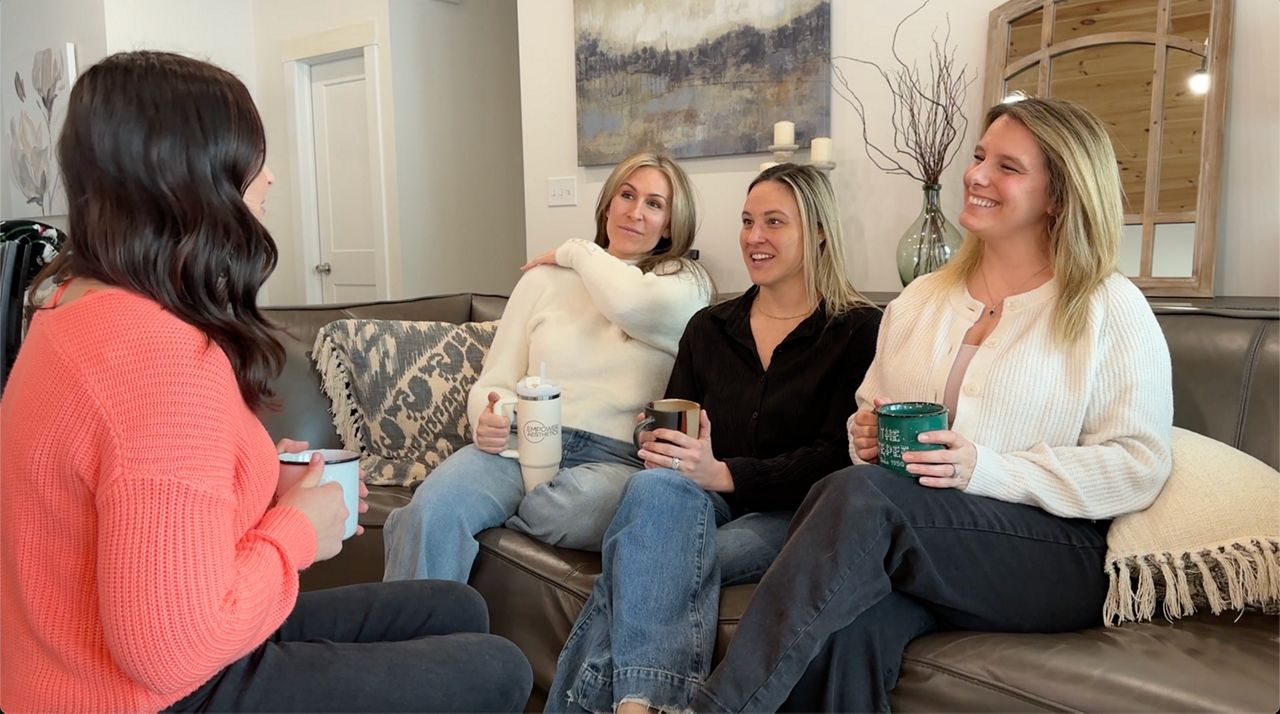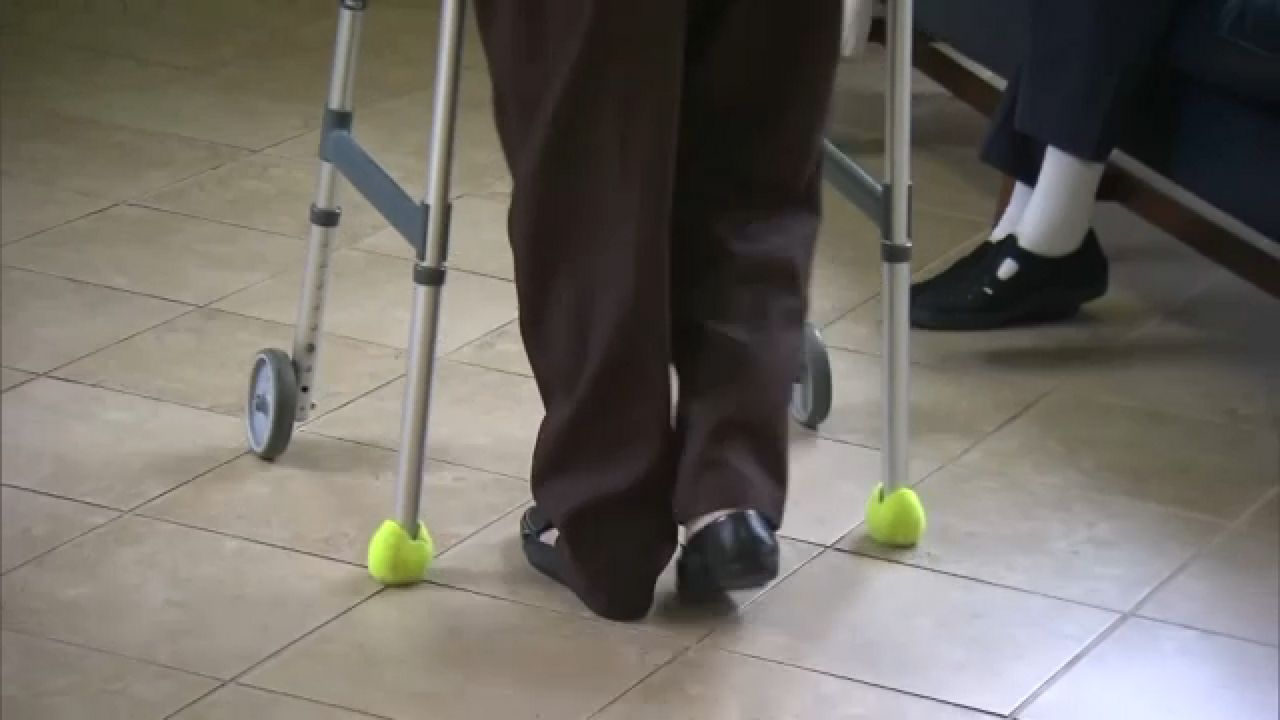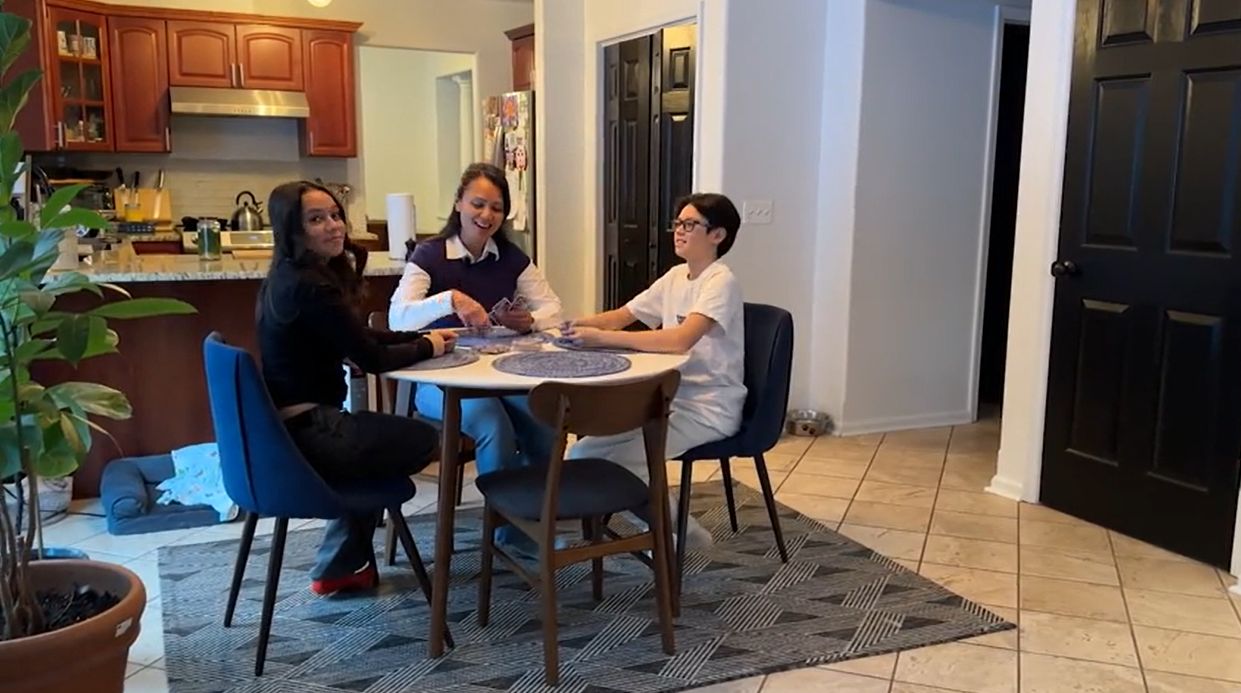New York is the only state in the nation that does not formally recognize the CRNA profession, but a group of advanced practice registered nurses are urging lawmakers to change that.
“We believe that we play an essential role in ensuring that patients have access to these critical anesthesia services, and as often serving as a sole provider in rural and underserved areas, the passing of legislation that would recognize those formally in state education law would increase both the quality and access to the anesthesia and surgical services across the state,” said Sean McGarry, the president of the New York State Association of Nurse Anesthetists.
McGarry said current state law limits a nurse anesthetists’ ability to practice to the full extent of their training. CRNAs can only work under physician supervision in New York. Throughout the COVID-19 pandemic, that requirement was lifted. In interviews with Spectrum News 1, some CRNAs said that requirement should be lifted permanently.
“There is no physician anesthesia or nurse anesthesia per say, there's just anesthesia and the way in which that we provide those anesthetics are the same and we all practice the same standards of care,” McGarry said.
Physician anesthesiologists said moving away from a physician-led care model would jeopardize patient safety.
“This could undermine the unprecedented safety for our patients under a physician-led team, which values the current roles of the nurse anesthetists. Without a physician anesthesiologist immediately available, which an independent nurse anesthetist hopes for, any complication that could arise in our vulnerable surgical patient would not be addressed when seconds count,” said Jason Lok, the president of the New York State Society of Anesthesiologists.
Another layer in this is pain management. Like physician anesthesiologists, CRNAs said they are also extensively trained in managing pain without narcotics. With rising rates in opioid addiction and overdose deaths, they believe they can play a critical role in saving lives, particularly in rural, understaffed areas.
“A lot of the addiction could start with this guy right here,” CRNA Jeremy Lombardoni said. “You come in for a procedure and you've never had narcotics and never touched one in your life, and you need your gallbladder out. And then I start the process with giving narcotics for surgery and then you get some pills to take home and then it can start there.”
Dr. Peter Dowling, has worked in a rural hospital for about 20 years. Last year, he underwent a partial knee replacement, and sought out Lombardoni to provide opioid-free treatment.
“Woke up the next day, didn't need any pain medicine, started doing physical therapy. Where you, on purpose, bend the joint you just had surgery on. Didn't have any pain with that either. So, it was a miracle,” Dowling said.
NYSANA is advocating on behalf of CRNAs in the state by sponsoring legislation to create licensure and a scope of practice. Senate Bill S769A and Assembly Bill S6958 are both in committee.




